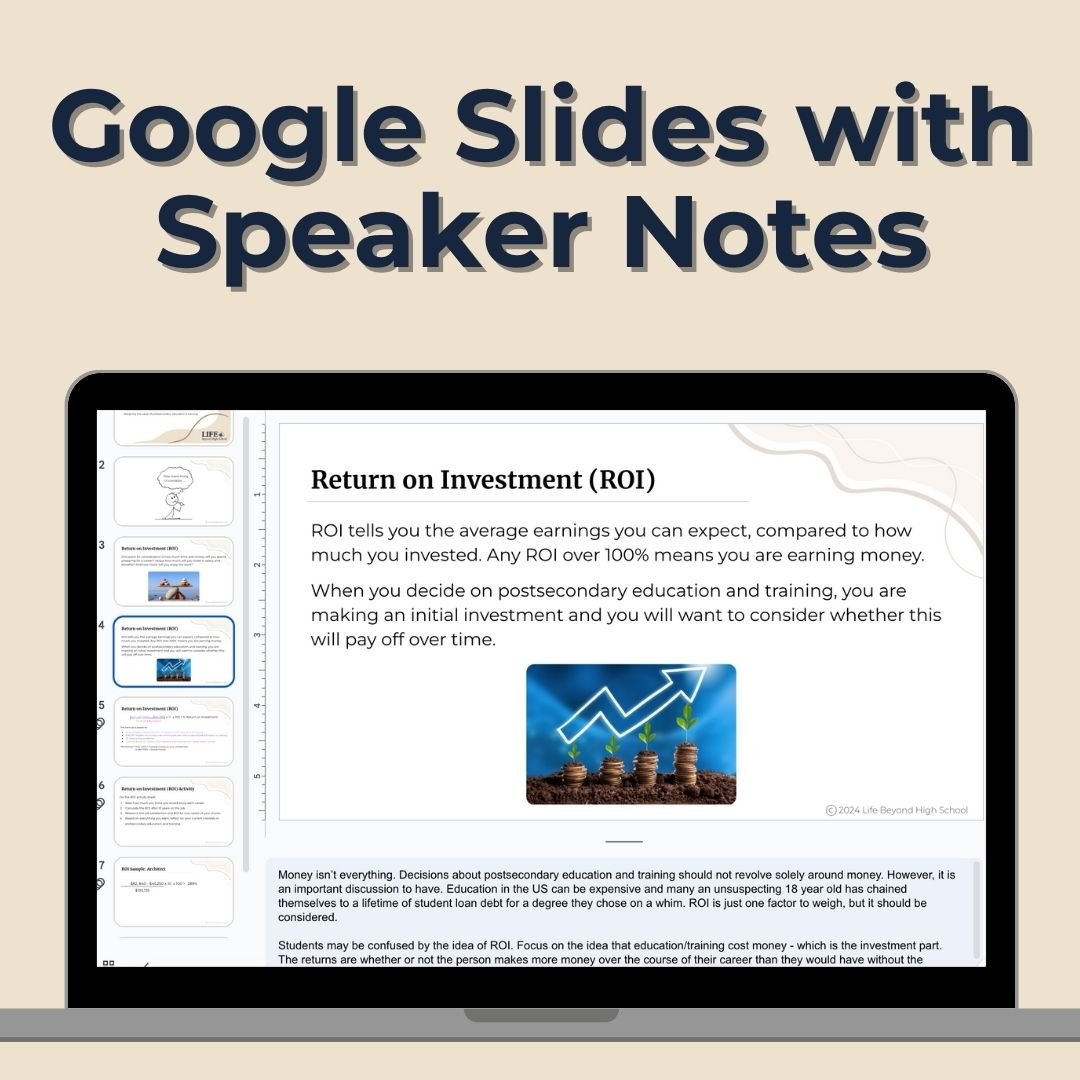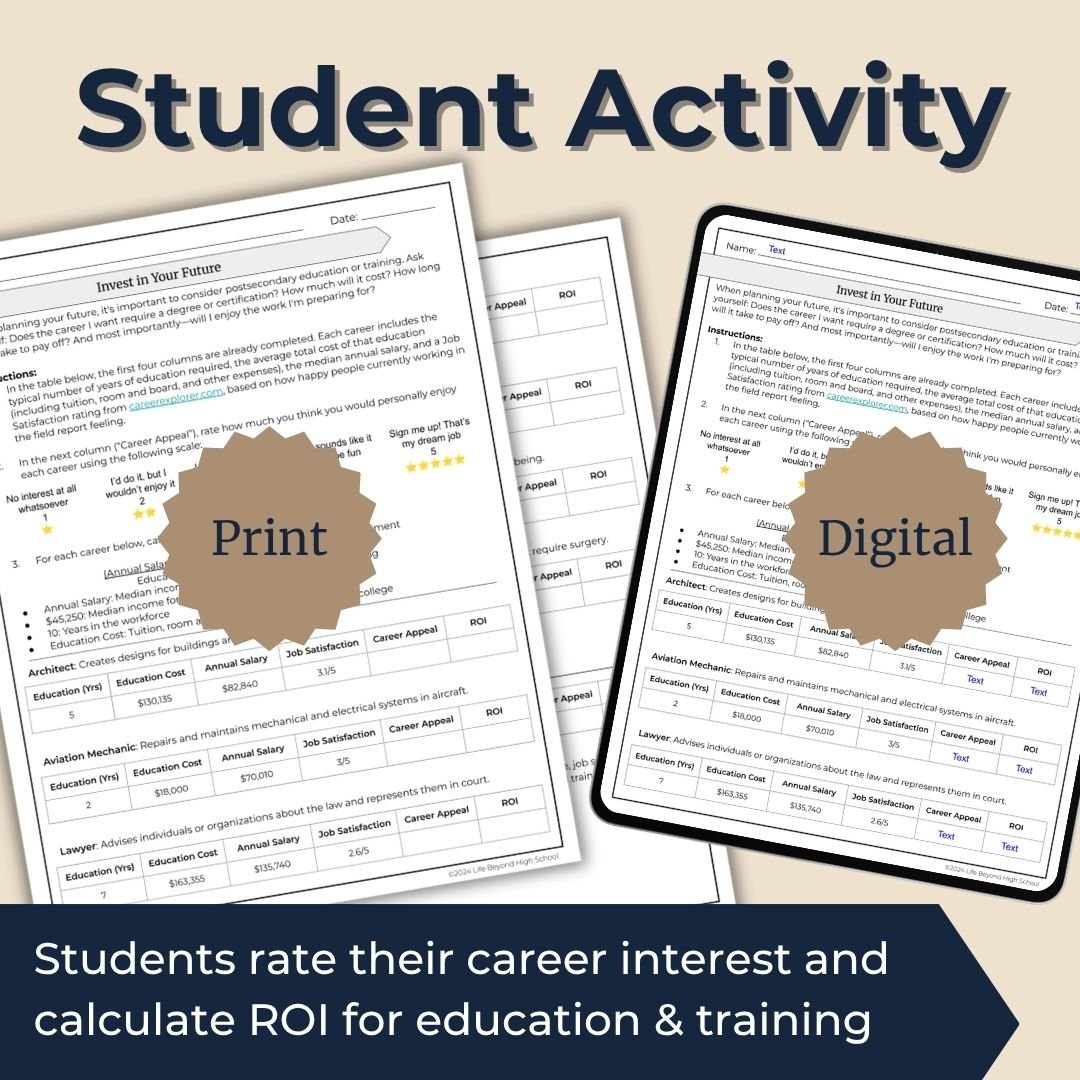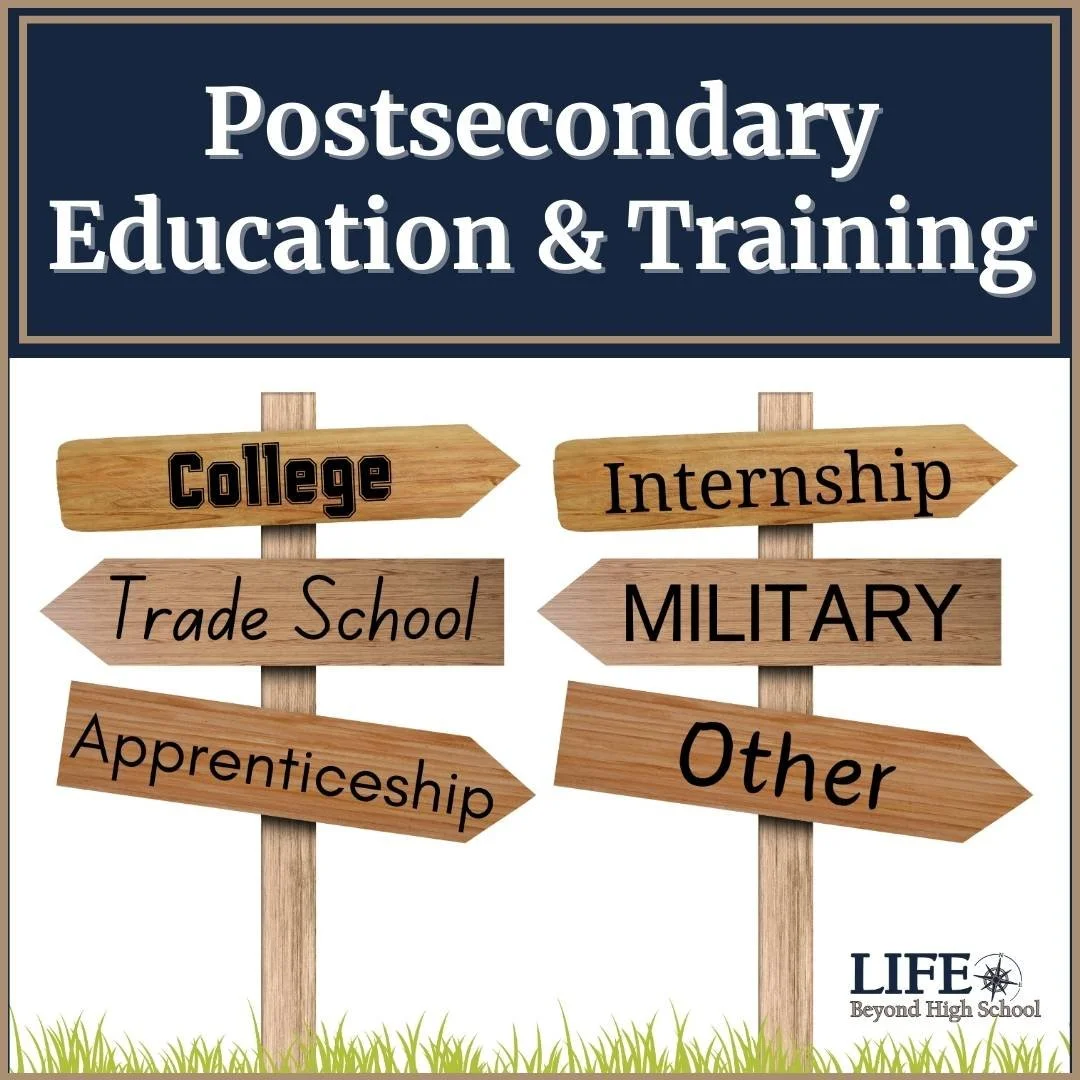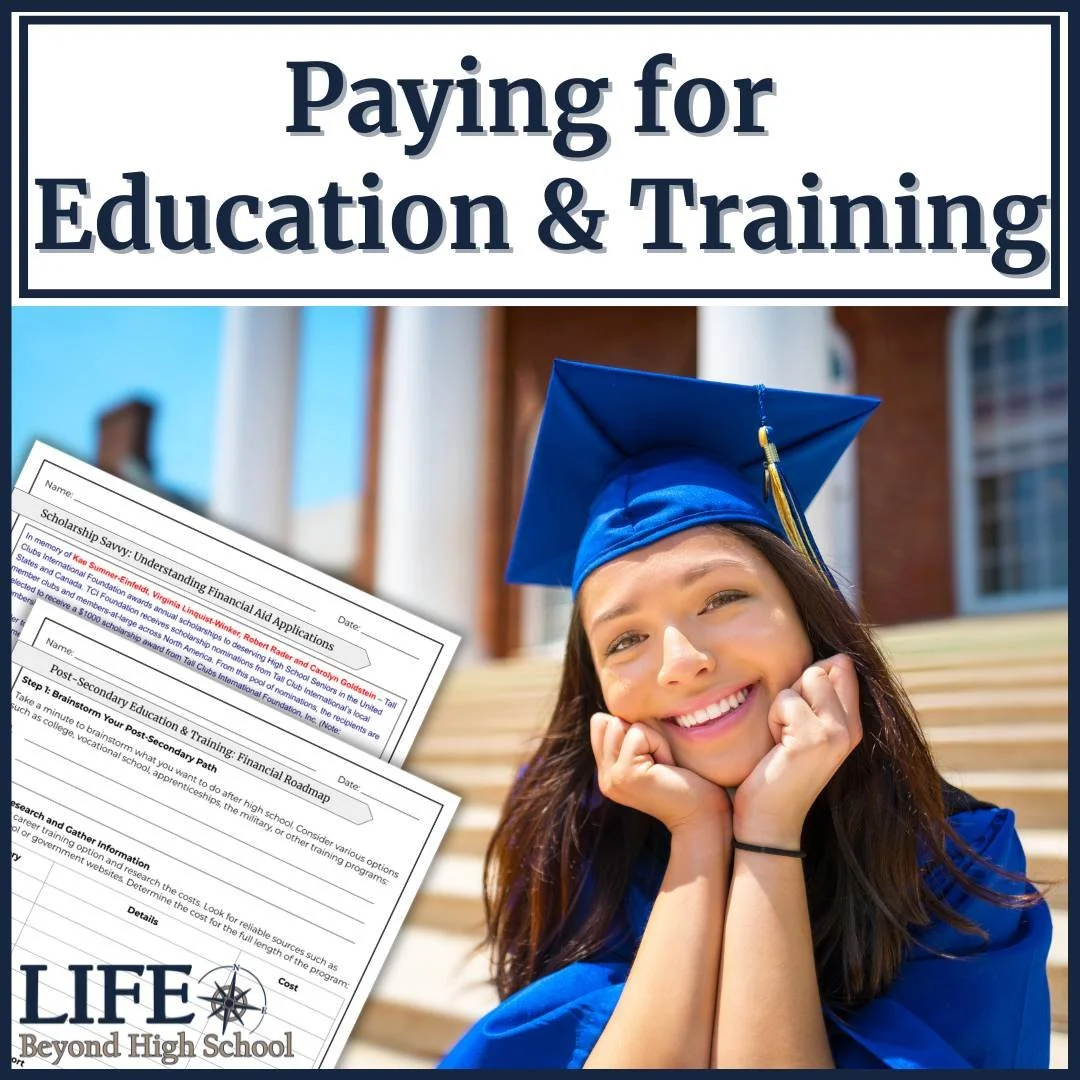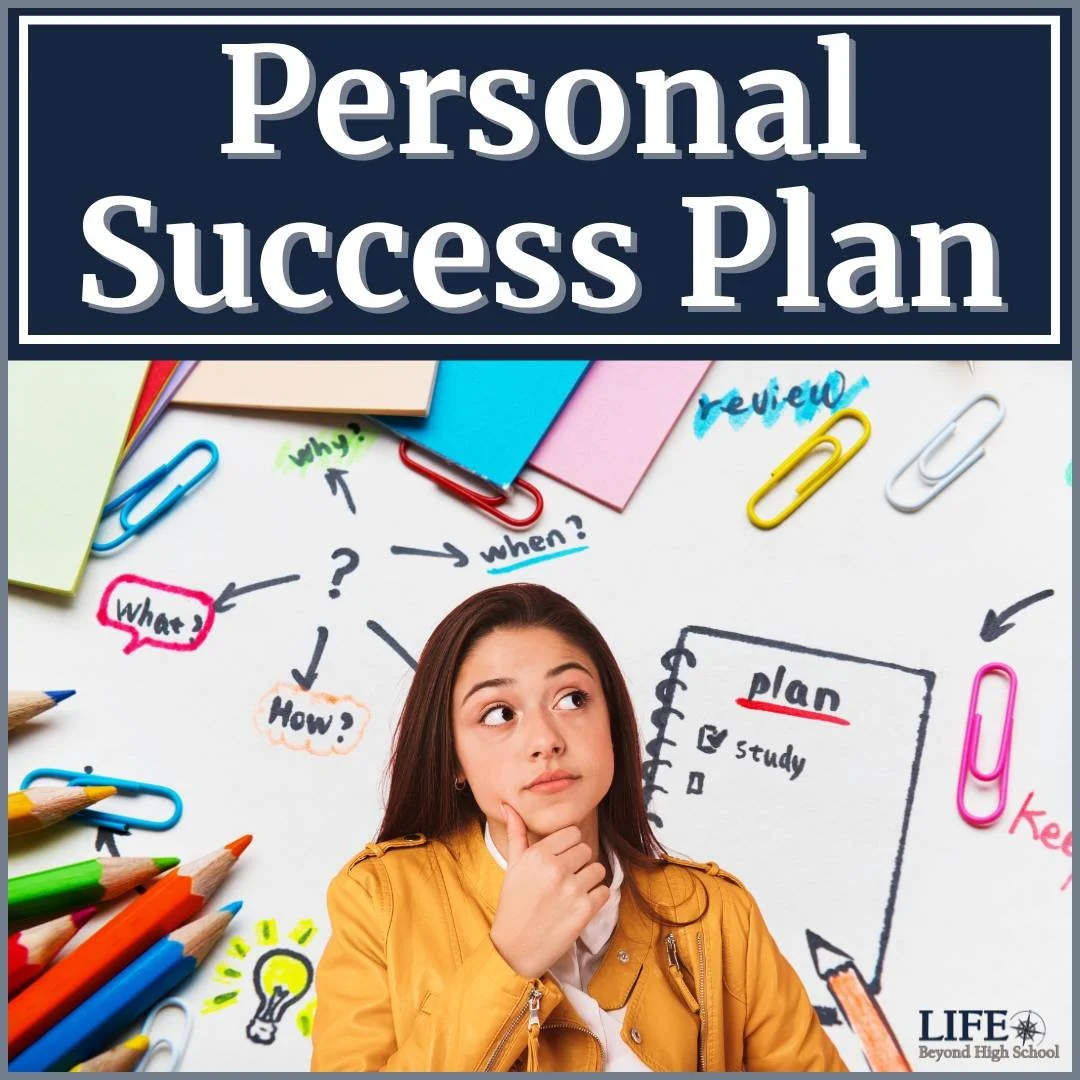Teach ROI: Smarter Paths After High School
Do your students think college is the only option (or the only path worth investing in)?
Many teens feel overwhelmed by the cost of education, unsure how to compare different career paths, or believe student loans are just “part of the deal.” But it doesn’t have to be that way.
This free classroom activity helps students take a closer look at what education really costs, what different careers actually pay, and how to calculate the return on investment (ROI) for different paths, whether it’s a 4-year degree, trade school, or something in between.
Why ROI Matters
The average borrower takes 21 years to pay off their student loans.
That’s a huge commitment, especially if students don’t understand what they’re signing up for. This activity gives them the tools to:
See how investing in education affects long-term earnings
Compare costs and salaries across different careers
Make confident, informed decisions about what comes next
✅ What’s Included in the ROI Activity Kit
Everything you need to introduce ROI and walk students through a hands-on analysis:
Google Slides Presentation
A ready-to-use slide deck that introduces the ROI concept and formula.Student Activity – Print & Digital Versions
Students calculate ROI for different careers and education levels based on real-world data.Answer Key
Includes sample responses to check for understanding and guide class discussion.
❤️ Why Teachers Love It
Saves prep time with clear, classroom-ready materials
Sparks engaging conversations around career planning and financial literacy
Pairs perfectly with any unit on postsecondary education, job readiness, or life skills
What Students Get Out of It
A deeper understanding of how education affects earning potential
A personal connection between their goals and financial realities
Confidence to think critically and ask smart questions about their future
It’s About the Conversation!
I’ve seen this activity spark so many important conversations. One student might be set on becoming a speech therapist. They already know they’ll need a master’s degree, but now they’re asking smart questions like, Should I go to a state university or a private one? How can I get the same degree for less money? Meanwhile, another student might discover high-paying opportunities like underwater welding or working on oil and gas sites in Alaska; careers that require shorter, more affordable training, sometimes even fully covered by grants or state programs. The point isn’t that one path is better than another. It’s that students learn how to do the research and make informed choices that fit their goals, their budget, and their lives.
Want to go deeper?
This ROI activity comes from the full Exploring Life After High School: Postsecondary Education & Training Options lesson, which helps students understand that there’s no one right path after graduation.
This full lesson gives students a chance to explore:
College (2- and 4-year programs)
Trade & technical schools
Apprenticeships
Military options
Gap years, entrepreneurship, and more
Some students might thrive in college. Others are excited by trade programs, military service, or hands-on apprenticeships. Some want to start a business, take a gap year, or go straight into the workforce. The goal isn’t to steer them toward the “right” option, it’s to help them discover the best fit for them.

